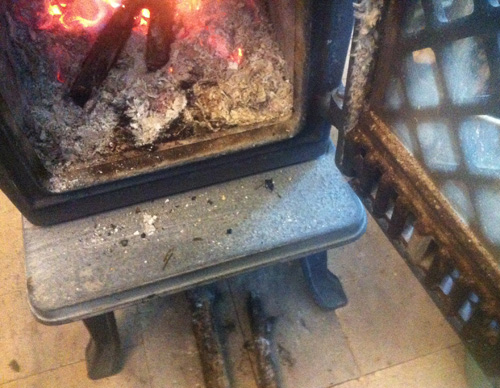By Phil Coleman
Co-editor, The Sylvanian
Co-editor, The Sylvanian
We sat outside a
backwoods cabin. Having just finished a day of whitewater boating, we were
putting together some supper plans. Jerry was going to make a pizza run.
Jerry offered a joint, which I declined. Somehow we got on the topic of peak oil. We itemized all the difficulties the world faces if we are to sustain our extravagant life. Climate Change, rising oil costs, starvation, growing population, growing gulf between rich and poor, gun violence, etc., etc.
Jerry offered a joint, which I declined. Somehow we got on the topic of peak oil. We itemized all the difficulties the world faces if we are to sustain our extravagant life. Climate Change, rising oil costs, starvation, growing population, growing gulf between rich and poor, gun violence, etc., etc.
“Yes!” said Jerry. “We’re living at the very best of times. Things were worse. Things will get worse. But right now, nothing could be better. I plan to enjoy it while I can.”
Jerry has no children, doesn’t plan to have any. He is living for now. He is a nice, compassionate, generous guy. It’s easy to ignore his selfishness. And why shouldn’t we? His style fits the American style better than mine does.
Often, we bemoan our wastefulness – the fact that we drive our cars with no regard for how much gas we use, the fact that we air condition to refrigerator levels in summer and heat our homes hotter than Hell in winter, the fact that we eat for pleasure without concern for how far our avocados, bananas, and grapefruit have been shipped or how much energy went into producing the meat we eat, the fact that we waste water prodigiously just because we won’t run out today.
But even though we
bemoan, we continue to waste. We conserve only when conserving is no great inconvenience.
Jerry is more blatant and cheerful in his excess than I am. But shortly, I will
be drinking beer out of aluminum cans.








.jpg)
